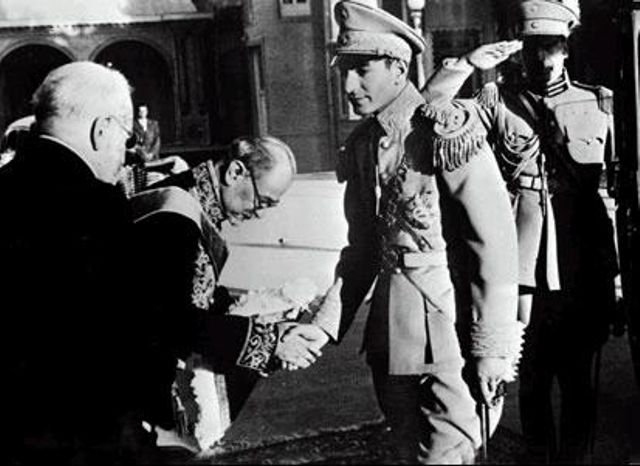 prime minister, the head of government in a country with a parliamentary or semipresidential political system. In such systems, the prime minister—literally the “first,” or most important, minister—must be able to command a continuous majority in the legislature (usually the lower house in a bicameral system) to remain in office. Most countries with prime ministers have two executives, a head of government (the prime minister) and a head of state (generally either a non-executive president or a hereditary monarch).
prime minister, the head of government in a country with a parliamentary or semipresidential political system. In such systems, the prime minister—literally the “first,” or most important, minister—must be able to command a continuous majority in the legislature (usually the lower house in a bicameral system) to remain in office. Most countries with prime ministers have two executives, a head of government (the prime minister) and a head of state (generally either a non-executive president or a hereditary monarch).
The collected essays of Mohammad Ali Foroughi not only present a portrait of the multifaceted and complex character of one of the most influential cultural, academic, and political figures of modern Iran, but also depict the cultural issues and political and social conditions of the country during the turbulent years of Foroughi’s cultural and political life—from the first Constitutional Assembly to the early years of the reign of the second Pahlavi. Mohammad Ali Foroughi was among the most brilliant figures of a generation of Iranian scholars, historians, men of letters, and researchers who emerged from the Constitutional Revolution. During the tumultuous years of that revolution, World War I, and throughout the two-decade reign of the first Pahlavi monarch, they published their works and were so rich and creative in their fields that, apart from perhaps one or two exceptions, no one in later generations managed to take their place.

